A hematologist oncologist is also a relevant clinical expert in blood and cancer disease diagnosis and treatment. If you or your family member requires specialized care because of blood disorders or cancer, a search for what they are where can turn to when looking for those who deal with difficult diseases and treatments.
They are said to be better off with a combined experience of both hematology, a branch of medicine that deals with blood and oncology- the branch of medicine that deals with most cancers. One such specialist can institute whole treatment and manage many diseases.
What Exactly Do Hematologist Oncologists Treat?
An oncologist is a physician who subspecializes in both hematology and oncology. Their dual training equips them with the capabilities of developing and diagnosing diseases that affect the blood, bone marrow, and lymphatic system, as well as offering treatment for diverse forms of cancers arising from these systems. I am sure many people would probably be surprised at how related such problems are between blood and cancer. Thus, the doctor treating this is very important in medical sciences.
1. Blood Cancers: Leukemia, Lymphoma, and Myeloma
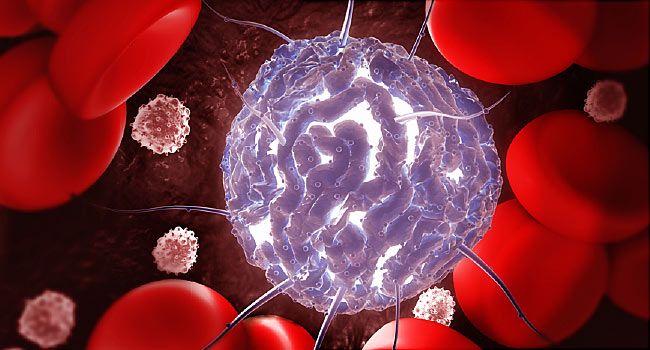
Blood cancer is one of the primary diseases treated by a hematologist-oncologist. Blood cancers, including leukemia, lymphoma, and myeloma, require more than just hematological and oncological abilities. Leukemia, in particular, is a cancer of the bone marrow that, due to abnormal white blood cell production, results in an ineffective or malfunctioning immune response.
It belongs to some categories, such as acute myeloid leukemia, chronic lymphocytic leukemia, and acute lymphoblastic leukemia, and it has characteristic features from each category.
Hematologists near me are very important in coming up with the correct diagnosis of the type of leukemia and choosing appropriate treatments. Depending on the cancer’s type and stage, a patient may be prescribed chemotherapy, targeted therapy, or a bone marrow transplant.
In diseases such as lymphoma, which involves the lymph nodes and the lymphatic system, chemotherapy and immunotherapy are common treatments. In most cases, radiation is also used. Myeloma is another blood cancer which affects plasma cells and is frequently treated with a variety of targeted therapies that only a hematologist-oncologist is qualified to manage.
2. Anemia and Other Blood Disorders
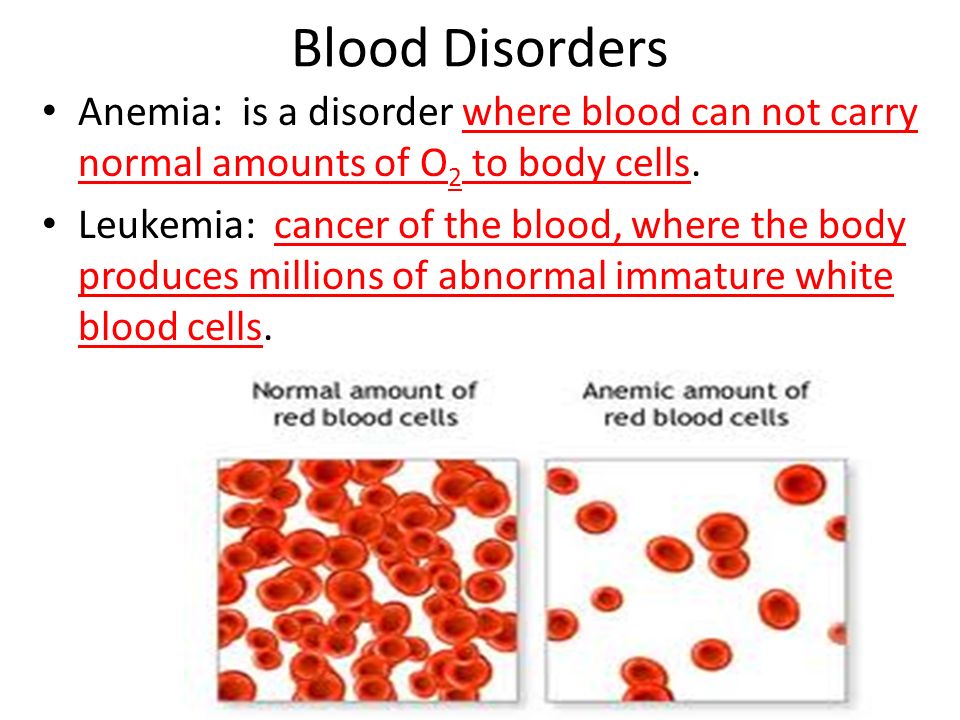
Another common condition treated by hematologist-oncologists is anemia, a deficiency of red blood cells or hemoglobin. The mechanisms underlying anemia can stem from chronic diseases, nutritional deficiencies, or genetic disorders, or it can present secondary to treatments given for cancer. Specialists in hematology know precisely where to find me and diagnose the real cause of anemia.
They classify this anemia into iron deficiency anemias, sickle cell anemia, or any other version like aplastic anemia, which prohibits blood creation in the bone marrow. This kind of anemia is then treated with a unique diet plan for that patient supplemented with medicines and blood transfusion as required.
Besides anemia, they treat clotting and bleeding diseases like hemophilia and thrombophilia. The former results in the inability of blood to coagulate correctly, hence excess bleeding, while the latter gives a predisposition to either forming blood clots or inhibiting the body’s ability to eliminate the formed clots. They meet with patients and apply drugs or lifestyle adjustments to reduce or prevent risks and create a more quality lifestyle.
3. Bone Marrow Disorders and Stem Cell Transplantation
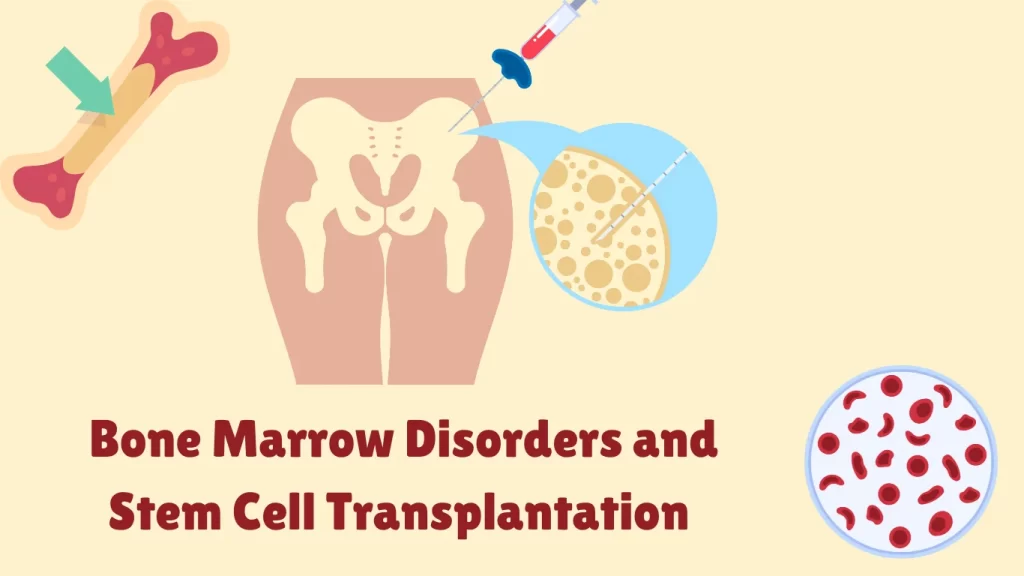
Disorders of the bone marrow, such as myelodysplastic syndromes (MDS) and other bone marrow failure syndromes, often require hematologists and oncologists. In MDS, the bone marrow fails to produce healthy blood cells in adequate quantities, which precipitates an incomplete spectrum of problems — from fatigue and frequent infections to recurrent bleeding complications.
I had many patients around me who were referred by hematologist’s oncologists for transfusions of blood, a medication that promotes the production of blood cells, or, in more extensive cases, stem cell transplantation. It is one of the advanced procedures that only they can take care of. This procedure allows diseased bone marrow to be replaced with healthy cells and offers hope to patients with far-advanced or nonresponsive diseases.
4. Blood Clotting Disorders: Hemophilia and Thrombophilia Management
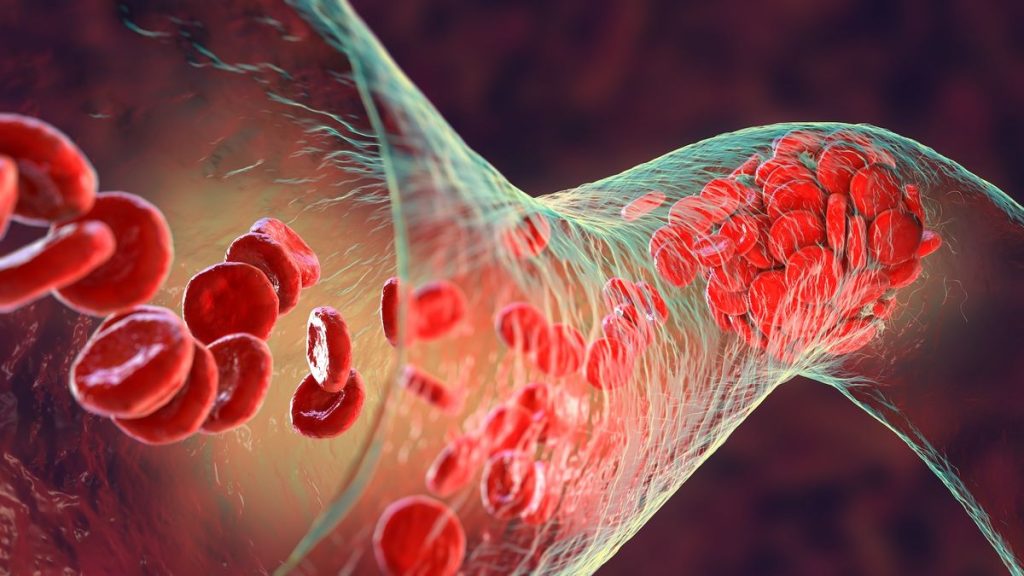
Blood clotting disorders, such as hemophilia and thrombophilia, pose unique challenges that well-trained hematologists can address. Hemophilia is a genetic condition with poor blood clotting, and the disease requires regular monitoring to prevent too much bleeding, with sometimes lifelong administration. It involves factor replacement therapy, usually infused into the bloodstream, and care under the hematologist-oncologist treatment.
On the contrary, thrombophilia is a disease with excessive blood clotting, raising a threat to develop deep vein thrombosis or pulmonary embolism. Care with hematologist-oncologists and anticoagulant medication can prevent complications in the management of thrombophilia.
5. Sickle Cell Disease and Thalassemia: Inherited Blood Diseases
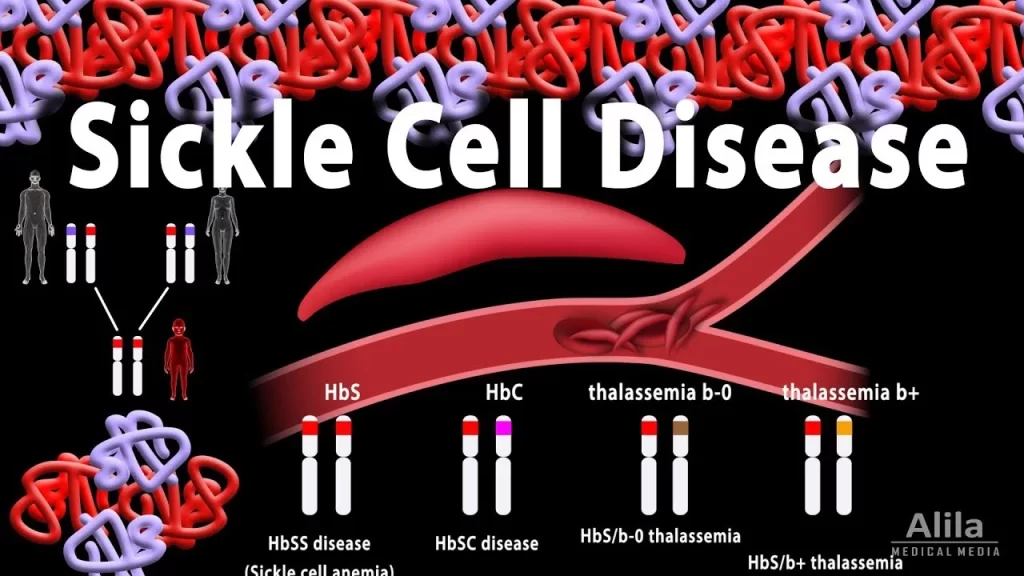
Inherited blood diseases such as sickle cell disease and thalassemia affect millions of people around the world and can cause severe complications if unmanaged. Effective targeted treatments by hematologist-oncologists near me help the affected individuals lead better lives. In sickle cell disease, red blood cells are abnormally shaped. Such an abnormality results in pain, anemias, and frequent infections. Standard treatment options include pain management and blood transfusion.
In some cases, hydroxyurea may be prescribed to help prevent complications. Thalassemia is a disorder that results in the inability to produce hemoglobin within the body in ways that result in chronic anemia. Depending on the severity, hematologists-oncologists may recommend blood transfusions, iron chelation therapy, or even bone marrow transplants.
6. Platelet Disorders: ITP and Thrombocytopenia
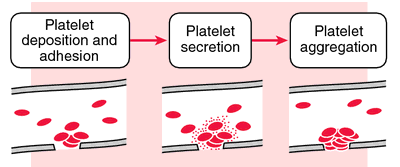
Immune thrombocytopenic purpura and thrombocytopenia are blood disorders in which the blood platelet levels become too high or too low. The very presence of these platelets is what brings about blood clotting. So, abnormal levels may result in hazardous bleeding risks or inappropriate clotting.
A hematologist-oncologist who is close to me works with patients to control the levels of platelets and consequently ease symptoms. ITP, or immune thrombocytopenia, results from a misdirected immune response against platelets and can be treated with immunosuppressants, corticosteroids, or even spleen removal in extreme cases. Thrombocytopenia often leads to far too few platelets and can be prone to bruising; transfusions or drugs to stimulate platelet production frequently are required when this is due to an underlying disease or chemotherapy.
7. Polycythemia Vera and Other Myeloproliferative Neoplasms
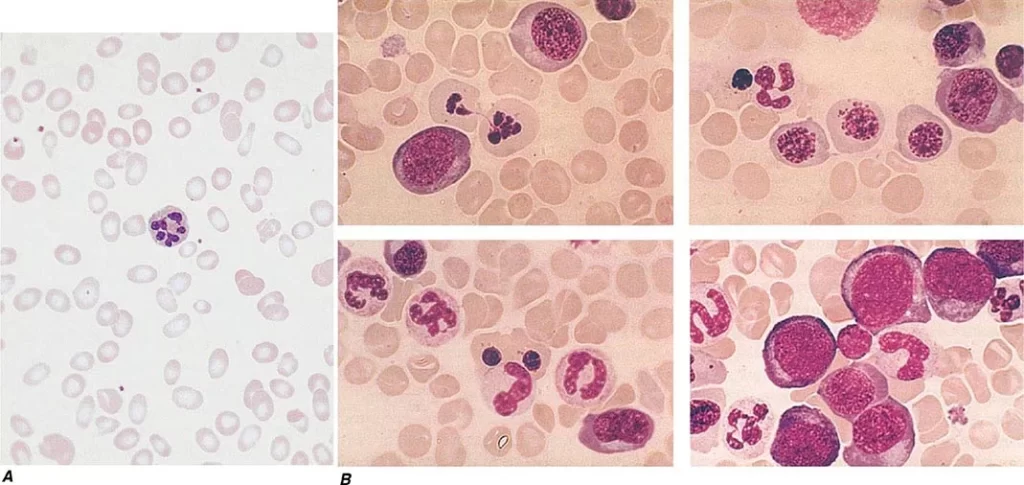
PV and the other MPNs are cancers of the blood, characterized by the overproduction of blood cells. In PV, red blood cells increase, thickening the blood and predisposing it to clotting. Headaches, dizziness, and a feeling of fullness may occur. Several medications to reduce the production of blood cells and bloodletting are used to treat PV by hematologists and oncologists nearby. Targeted therapies can also be used in cases where clotting is at risk to decrease clot risks.
In searching online for “Hematologist Oncologists near me,” you can often find a specialist who makes all the difference in managing complicated and potentially life-altering conditions. But from blood cancers and anemia to genetic and clotting disorders, it is more than feasible that hematologist-oncologists play a critical role in providing a comprehensive, patientcare care approach to a wide range of blood-related health issues.
Advanced Diagnostic and Treatment Approaches
The subject of hematology-oncology is not unusual and is increasingly becoming prominent due to the available diagnostic techniques and therapeutic interventions. Bone marrow biopsies, genetic tests, and X-rays are used to find the specific type of the disorder. On the other hand, immunotherapy and precision medicine are promising therapies that attract patients because they kill cancer cells, not the good cells.











